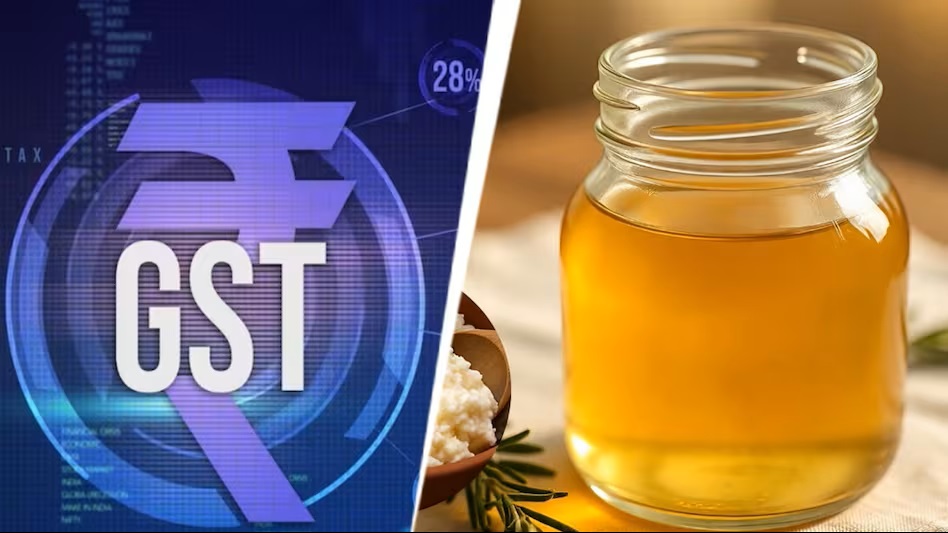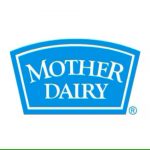Dairy Experts Push for 5% Tax on Ghee to Aid Farmers & Consumers.
Experts within India’s dairy industry are making an urgent plea for a significant reduction in the Goods and Services Tax (GST) applied to ghee, advocating for a decrease from 12% to 5%. This strong demand stems from the widespread belief that the current higher tax unfairly burdens what is affectionately termed “liquid gold”—a culturally vital dairy product deeply intertwined with Indian diets and the rural economy. The industry firmly argues that ghee is a staple, not a luxury item, consumed across all socio-economic strata.
The existing 12% GST on ghee creates a notable disparity, as other essential dairy products such as curd and buttermilk are subjected to a considerably lower 5% tax. Compounding this imbalance, even imported edible oils, some of which are frequently implicated in ghee adulteration, benefit from a 5% GST. This uneven taxation directly disadvantages the formal ghee sector, squeezing profit margins and inadvertently fostering unregulated market activities, as highlighted by R.S. Sodhi, President of the Indian Dairy Association (IDA).
A critical consequence of the elevated GST on ghee is its role in promoting adulteration and fueling the growth of the unorganized market. With a mere 15% of India’s colossal ₹3.2 lakh crore ghee market falling under the organized, tax-compliant sector, the vast majority operates through local, unregulated channels often distributing unlabelled and unchecked products without GST payment. Reducing the tax, advocates argue, would incentivize these entities to formalize, leading to improved product quality and safety for consumers.
Beyond the immediate benefit to consumers through increased affordability, a reduction in the GST to 5% is envisioned as a direct financial boost for millions of dairy farmers. Industry experts project that such a tax cut could translate into an increase in milk prices by ₹2-2.5 per litre, significantly enhancing farmer earnings. This pivotal change would provide much-needed economic relief and bolster livelihoods across the sprawling Indian dairy sector.
Despite these compelling economic and public health arguments, the GST Council has, thus far, not implemented the proposed changes, having discussed the matter in multiple sessions without resolution. While revenue considerations might play a role, industry leaders assert that a lower GST rate on ghee could paradoxically lead to higher overall tax collection by drawing a larger segment of the market into the formal tax structure, thereby strengthening the entire dairy supply chain and ensuring greater accountability.
Source: Business Today: India’s liquid gold is taxed unfairly: Experts demand GST cut on ghee from 12% to 5%
You can now read the most important #news on #eDairyNews #Whatsapp channels!!!
🇮🇳 eDairy News ÍNDIA: https://whatsapp.com/channel/0029VaPidCcGpLHImBQk6x1F

















